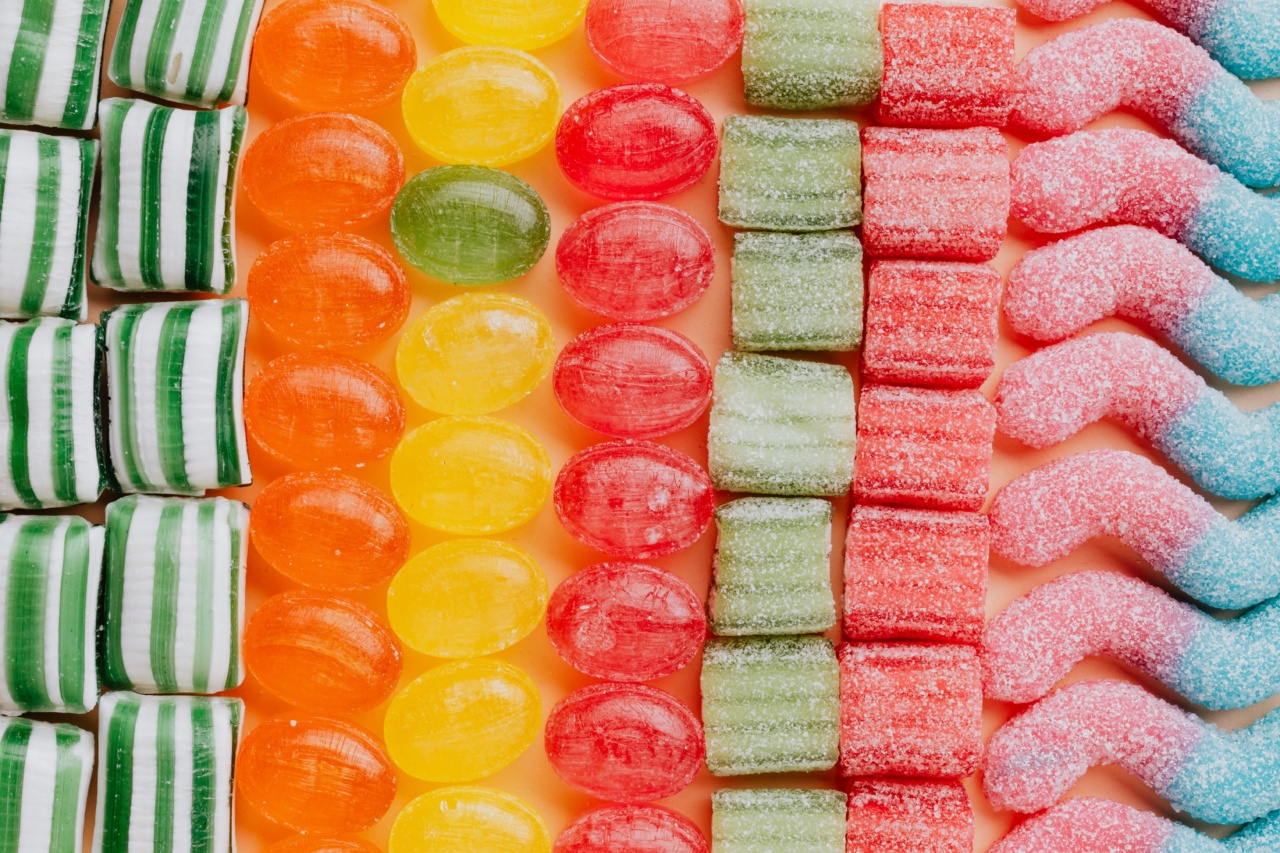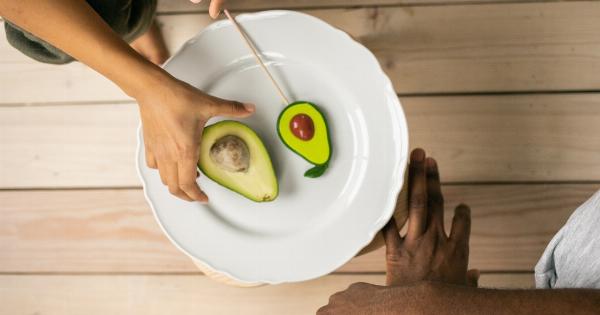In the quest for healthier alternatives to sugar, many people turn to stevia as a popular sweetener option.
But what exactly is stevia, and how does it differ from sugar? In this article, we will delve into the differences between sugar and stevia, examining their composition, taste, health benefits, and potential drawbacks.
Composition
Sugar, also known as sucrose, is a simple carbohydrate found naturally in fruits and vegetables. It is made up of equal parts glucose and fructose.
Sugar undergoes a refining process, which strips it of any potential nutrients and leaves behind empty calories. On the other hand, stevia is derived from the stevia plant, a member of the Asteraceae family. Stevia’s sweetness comes from its natural compounds, such as stevioside and rebaudioside A.
Taste
Sugar is renowned for its ability to enhance and sweeten flavors. It delivers a pleasing sweetness that many individuals find difficult to replicate with other sweeteners. Stevia, while also sweet, has a different taste profile.
Some people describe its flavor as slightly bitter, metallic, or with a hint of licorice. However, the taste of stevia can vary among different brands and forms, with some offering a more refined and pleasant sweetness.
Caloric Content
One of the main reasons people opt for stevia is its significantly lower calorie content compared to sugar. While sugar provides approximately 16 calories per teaspoon, stevia has virtually zero calories.
This characteristic makes stevia an attractive alternative for individuals looking to reduce their overall calorie intake or manage their weight.
Glycemic Index
The glycemic index measures how quickly a particular food raises blood sugar levels. Unlike sugar, which has a high glycemic index and can cause rapid spikes in blood glucose levels, stevia has a glycemic index of zero.
Consequently, consuming stevia does not lead to the same blood sugar fluctuations, making it a suitable option for individuals with diabetes or those aiming to stabilize their blood sugar levels.
Health Benefits
Sugar consumption has been linked to numerous health issues, including obesity, diabetes, heart disease, and tooth decay. In contrast, stevia offers several potential health benefits.
For starters, it does not contribute to tooth decay or cavities, making it a more tooth-friendly choice. Additionally, stevia can help manage diabetes by not impacting blood sugar levels.
Some studies suggest that stevia may also have antioxidant and anti-inflammatory properties, though further research is needed to fully understand these potential benefits.
Drawbacks
While stevia has advantages over sugar, it is important to be aware of its potential drawbacks. Some individuals may experience an aftertaste or find stevia too sweet, which can alter the taste of certain foods and beverages.
Stevia may also have a laxative effect if consumed in excessive amounts. Furthermore, as it is a relatively new sweetener on the market, some research is still being conducted to assess its long-term effects on health.
Usage and Availability
Sugar is the most widely used sweetener globally and is readily available in various forms, such as granulated, powdered, and syrup. Stevia, while gaining popularity, is still less common and may not be as easily found in some areas.
However, it is increasingly being used as an ingredient in many packaged foods and beverages marketed as “sugar-free” or “diet” options.
Cooking and Baking
When it comes to cooking and baking, the choice between sugar and stevia depends on the desired outcome. Sugar contributes to the texture, volume, and browning of baked goods, thanks to its ability to caramelize.
Stevia does not possess these properties, so simply replacing sugar with stevia in a recipe may yield different results. However, many stevia-based baking blends and products have emerged to address these concerns, allowing individuals to enjoy the benefits of stevia without sacrificing the taste and texture of their favorite treats.
Conclusion
Sugar and stevia both have their own unique characteristics and uses. Sugar is a well-established sweetener that enhances flavors but comes with a host of potential health issues.
Stevia, on the other hand, offers sweetness with virtually zero calories, making it an attractive alternative for weight management and blood sugar control. Despite some drawbacks, stevia continues to gain popularity as a healthier substitute for sugar in various applications.






























